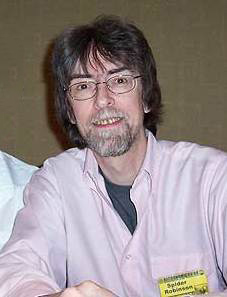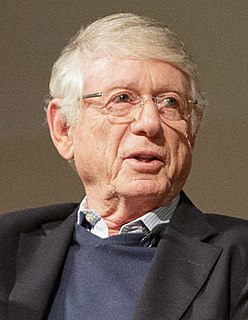A Quote by Narendra Modi
The world may be driven by the same ancient impulses. We will continue to see human struggles and successes. We will witness human glory and tragedies.
Related Quotes
The experience I'm talking about has given me one certainty: the salvation of this human world lies nowhere else than in the human heart, in the human power to reflect, in human meekness and in human responsibility. Without a global revolution in human consciousness, nothing will change for the better, and the catastrophe toward which this world is headed will be unavoidable.
There are no idealists in the plant world and no compassion. The rose and the morning glory know no mercy. Bindweed, the morning glory, will quickly choke its competitors to death, and the fencerow rose will just as quietly crowd out any other plant that tried to share its roothold. Idealism and mercy are human terms and human concepts.
I strongly believe that we can create a poverty-free world, if we want to.... In that kind of world, [the] only place you can see poverty is in the museum. When school children will be on a tour of the poverty museum, they will be horrified to see the misery and indignity of human beings. They will blame their forefathers for tolerating this inhuman condition to continue in a massive way.
He will see himself and life and the world as truly as our human limitations will permit; realizing the brevity and minuteness of human life, he will realize also that in individual minds is concentrated whatever of value the known universe contains. And he will see that the man whose mind mirrors the world becomes in a sense as great as the world. In emancipation from the fears that beset the slave of circumstance he will experience a profound joy, and through all the vicissitudes of his outward life he will remain in the depths of his being a happy man.
This is what it is to be human: to see the essential existential futility of all action, all striving -- and to act, to strive. This is what it is to be human: to reach forever beyond your grasp. This is what it is to be human: to live forever or die trying. This is what it is to be human: to perpetually ask the unanswerable questions, in the hope that the asking of them will somehow hasten the day when they will be answered. This is what it is to be human: to strive in the face of the certainty of failure. This is what it is to be human: to persist.
The psyche is the inward experience of the human body, which is essentially the same in all human beings, with the same organs, the same instincts, the same impulses, the same conflicts, the same fears. Out of this common ground have come what Jung has called the archetypes, which are the common ideas of myths.
And people who believe in God think God has put human beings on earth because they think human beings are the best animal, but human beings are just an animal and they will evolve into another animal, and that animal will be cleverer and it will put human beings into a zoo, like we put chimpanzees and gorillas into a zoo. Or human beings will all catch a disease and die out or they will make too much pollution and kill themselves, and then there will only be insects in the world and they will be the best animal.
The subconscious mind makes no distinction between constructive and destructive thought impulses. It works with the material we feed it, through our thought impulses. The subconscious mind will translate into reality a thought driven by fear, just as readily as it will translate into reality a thought driven by courage or faith.
Because creation was made in the image of a God who is equally one and many, the human race will finally be reunited and our racial and cultural diversity will remain intact in the renewed world. The human race finally lives together in peace and interdependence. Glory to God in the highest goes with peace on earth.
The greatest of all our human concepts is the immortality of the personality and the eternal glory of the human soul. Throughout eternity you will be yourself and I will be myself, with quickened senses amplified powers of perception, and vastly increased capacity for reason, understanding, love, and happiness, all of which are qualities we may develop now. Our machines wear out, our barns fall down, and our substance goes back to the dust, but our finest collection of personal qualities will have eternal life.
































